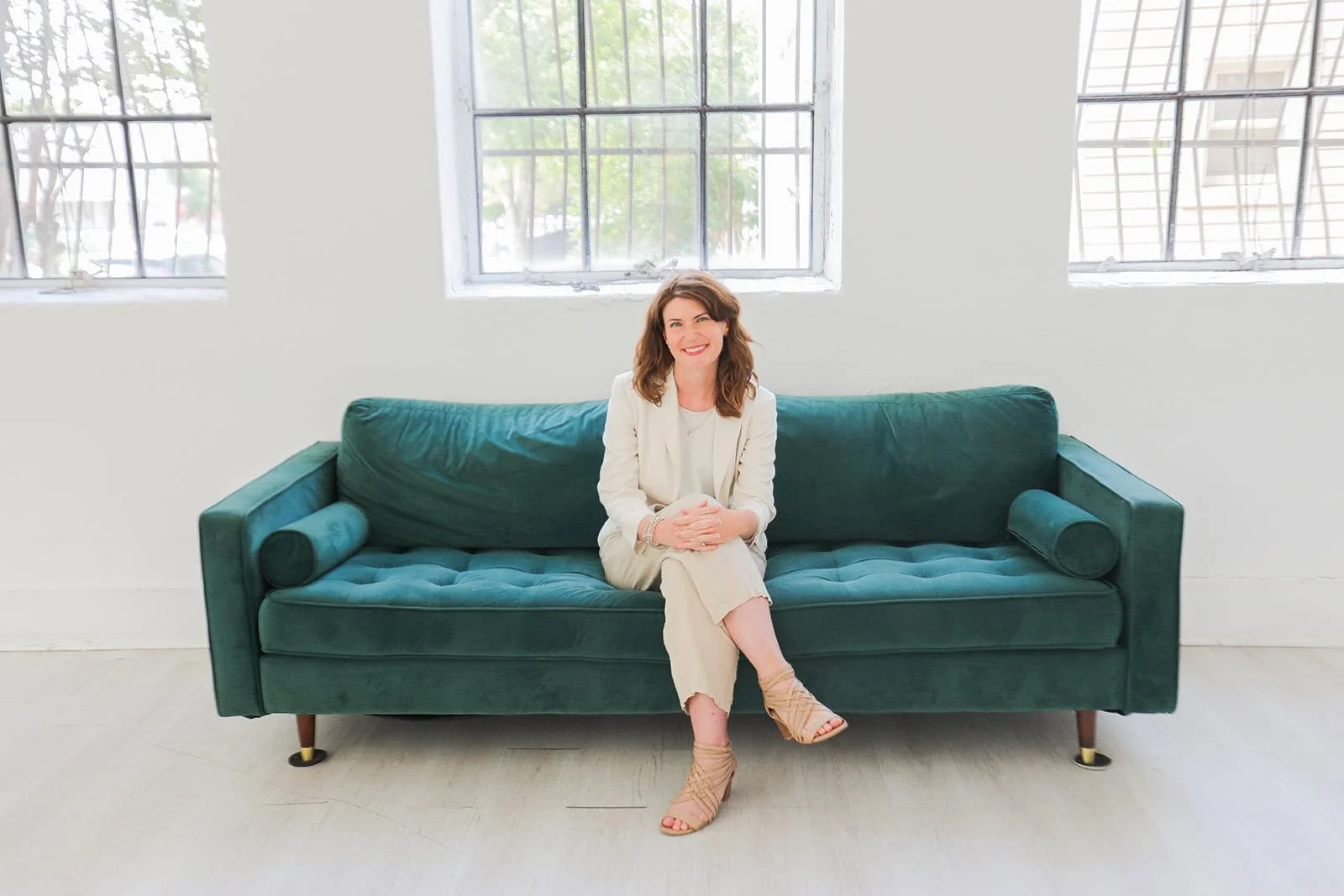Therapy for black sheep, truth seekers, & cycle breakers.
Does this sound like you?
You’ve sought the truth.
When you were a child, you may have driven your parents crazy by constantly asking, “Why?” You didn’t shy away from tough questions in school, and you weren’t afraid to let the teacher know when she’d made a spelling mistake.
You’ve taken courageous risks.
You don’t want to just coast through life. That’s not you. You’re searching for purpose and meaning that’s much greater than yourself, and you’ll do whatever it takes to find it. You’ll say what others won’t say, do what others won’t do, and take the road less traveled.
You’ve been misunderstood.
Our world needs truth seekers and truth speakers, now more than ever. But often, these people are the ones who get thrown under the bus to protect the status quo. They’re often the “black sheep,” the scapegoats, who may sometimes struggle to feel like they belong.

What brings you here today?
I believe each person is so unique that even if two people come in with similar concerns and histories, their paths to healing may be entirely different. Therefore, I believe it’s important for you as the client to find the right person to accompany you on your unique journey. That said, these are the areas I have the most experience with serving clients in:
Relationships with Others
Pricing
$150 per 50-minute session for individuals and couples ages 18+. Payment methods accepted include all major credit/debit cards and HSA/FSA.
I am not in-network with insurance, but I can provide a superbill upon request so you can file for any out-of-network benefits that may be owed to you through your insurance company.
Read: The True Cost of Therapy
Frequency & Duration
Our therapeutic relationship is the foundation for lasting change, and it takes time to build—especially if your trust has been broken in the past. Within the context of this relationship, your brain can get the consistency it needs to form new neural pathways.
As a general rule, I ask you to commit to weekly therapy until your initial treatment goals are complete. We can discuss the specifics of your estimated timeline within our sessions.
Once your initial goals are met, you can continue weekly sessions, or you may choose to switch to biweekly, monthly, or taper off completely and reach out as needed.
Treatment Approach
You can expect a therapy approach that’s:
Relational
Studies show that a strong working relationship with your therapist is a better predictor of success than the specific techniques used.
Curious
I’m comfortable with uncertainty and willing to be wrong. You get to tell me about you—what you’re thinking and feeling, what you want, and how you’re experiencing me and the present moment.
Experiential
Your life patterns tend to repeat in the therapy room, providing an opportunity to rewrite life scripts that are not serving you in real time. I pay close attention to not only what’s being said, but what’s happening in relational dynamics, facial expressions, eye movements, and body language.
Systemic
I don’t ask “What’s wrong with you?” I look at your current ways of thinking and behaving as brilliant adaptive tools that developed for very good reasons but that now need to change so you can thrive.
Deep
You may already know the changes you’d like to see in your life—yet you can’t seem to make them. It’s not because you’re not trying hard enough; it’s because these patterns have a deeper root than just the present problem. Lasting, effective therapy brings the unconscious into conscious awareness so you can come out of autopilot and make powerful choices.

